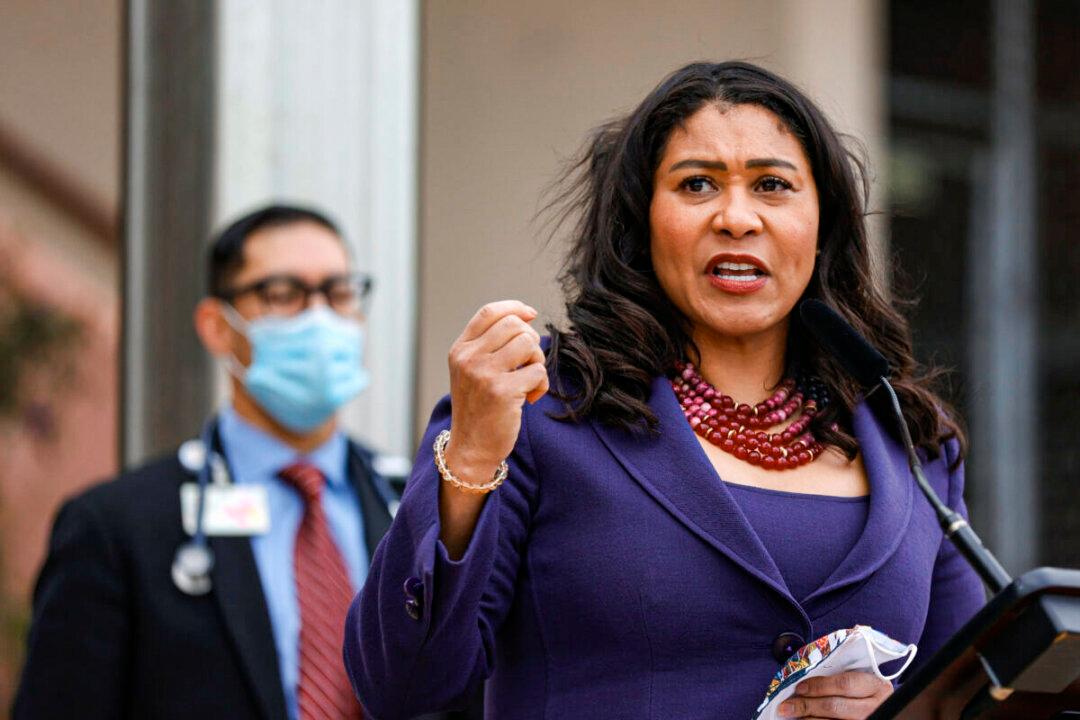Commentary
On March 3, San Francisco Mayor London Breed announced the “Welcome Back to SF pledge”—a commitment by large private employers to return their workforce to offices in several areas of the city by the end of March.

On March 3, San Francisco Mayor London Breed announced the “Welcome Back to SF pledge”—a commitment by large private employers to return their workforce to offices in several areas of the city by the end of March.